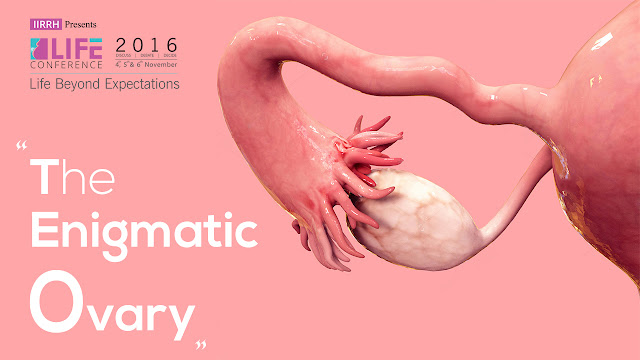As
the speech goes: Age isn’t anything however a number. But once it comes to
getting pregnant and having a healthy pregnancy, it will matter. Increasingly,
pregnancy with advanced maternal age is becoming common. Rest assured, most
healthy women who get pregnant after age thirty five and even into their 40’s
have healthy babies. A dedicated panel is planned to address this with special
emphasis to periconceptional issues.
How Can I Increase My Chances of
Having a Healthy Baby?
Preconception
checkups and counseling. Once you decide that you just are ready to have a
baby, it's necessary to take some steps before conception. See your doctor for
a examination to create positive your are healthy before conception. Consult Doctor to create positive you're emotionally ready for pregnancy.
Get
early and regular prenatal care. The first eight weeks of your pregnancy are important to your baby's
development. Early and regular antepartum care will increase your probabilities
of getting a secure pregnancy and a healthy baby. antepartum care includes
screenings, regular exams, pregnancy and birth education, and counseling and
support.
Getting
prenatal care also helps give additional protection for women over thirty five.
It permits your doctor to remain prior to health conditions that are a lot of
common in women who are older when they get pregnant. As an example, your age
might increase your risk for gestational polygenic disease and preeclampsia, a
condition that causes high vital sign at the side of protein in the urine.
During prenatal visits, your doctor will check your vital sign, take a look at
your urine for protein and sugar, and take a look at your glucose levels. That
way, any potential issues will be caught and treated early.
Consider
optional prenatal tests for women over 35. Your doctor might give you special prenatal
tests that are notably applicable for older moms. These tests facilitate
determine the chance of having a baby with a defect. Ask your doctor regarding
these tests thus you'll be able to learn the risks and benefits and choose what
is right for you.
Take prenatal vitamins.
All women of childbearing age ought to take a daily prenatal vitamin containing
a minimum of four hundred micrograms of folic acid. Obtaining enough folic acid
a day before and through the first three months of pregnancy will facilitate
stop defects involving a baby's brain and spinal cord. Taking folic acid adds a
very important level of protection for older women, who have a higher risk of
getting a baby with birth defects. Some prenatal vitamins have 800-1,000 weight
unit of folic acid. This is still safe in pregnancy. As a matter of truth, some
women want over four hundred mcg for defense against birth defects. Don’t take
more than 1,000 mcg (1 milligram) of folic acid while not asking your doctor.
Women with a history of a baby with neural tube defects need 4000 mcg.

























